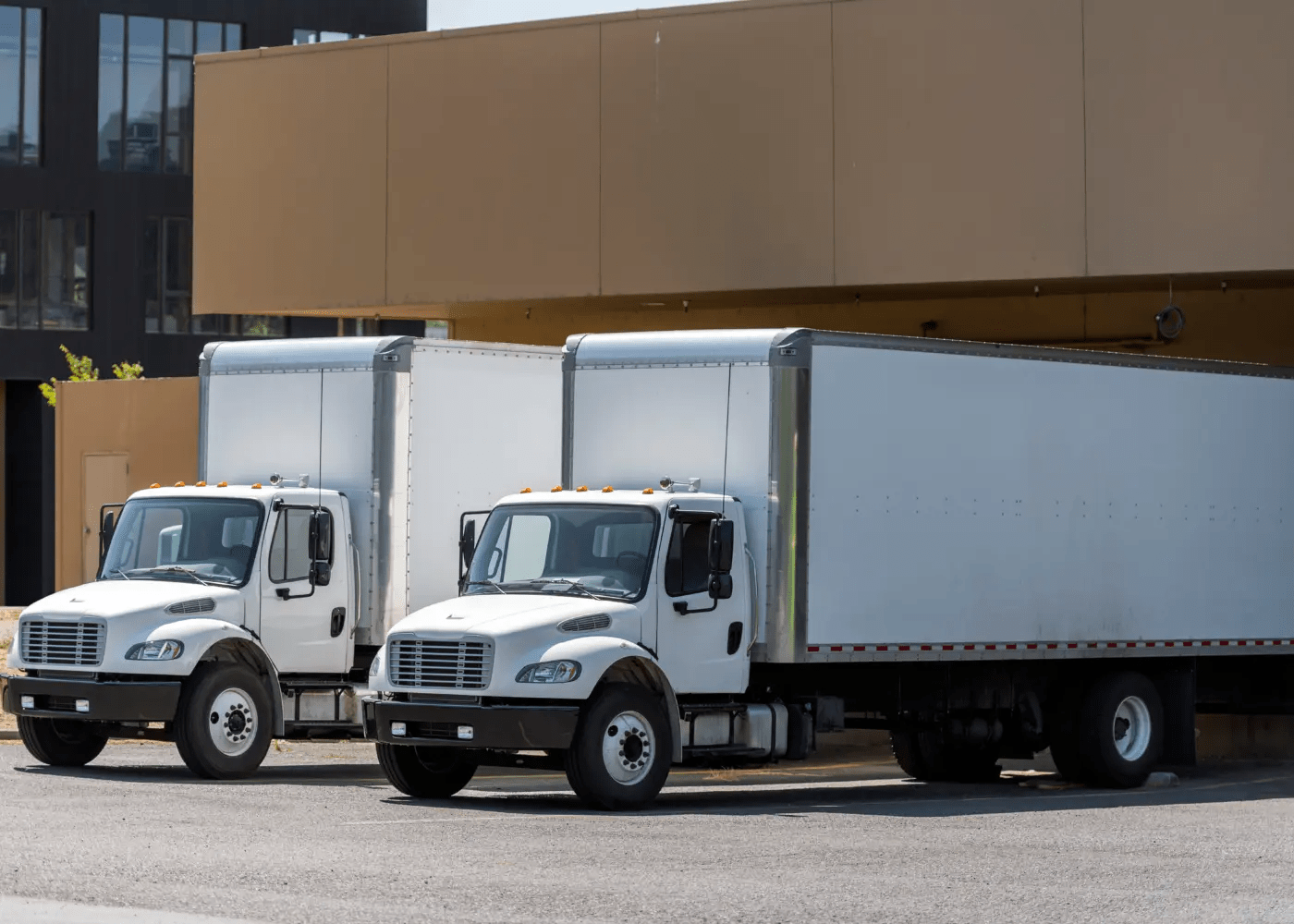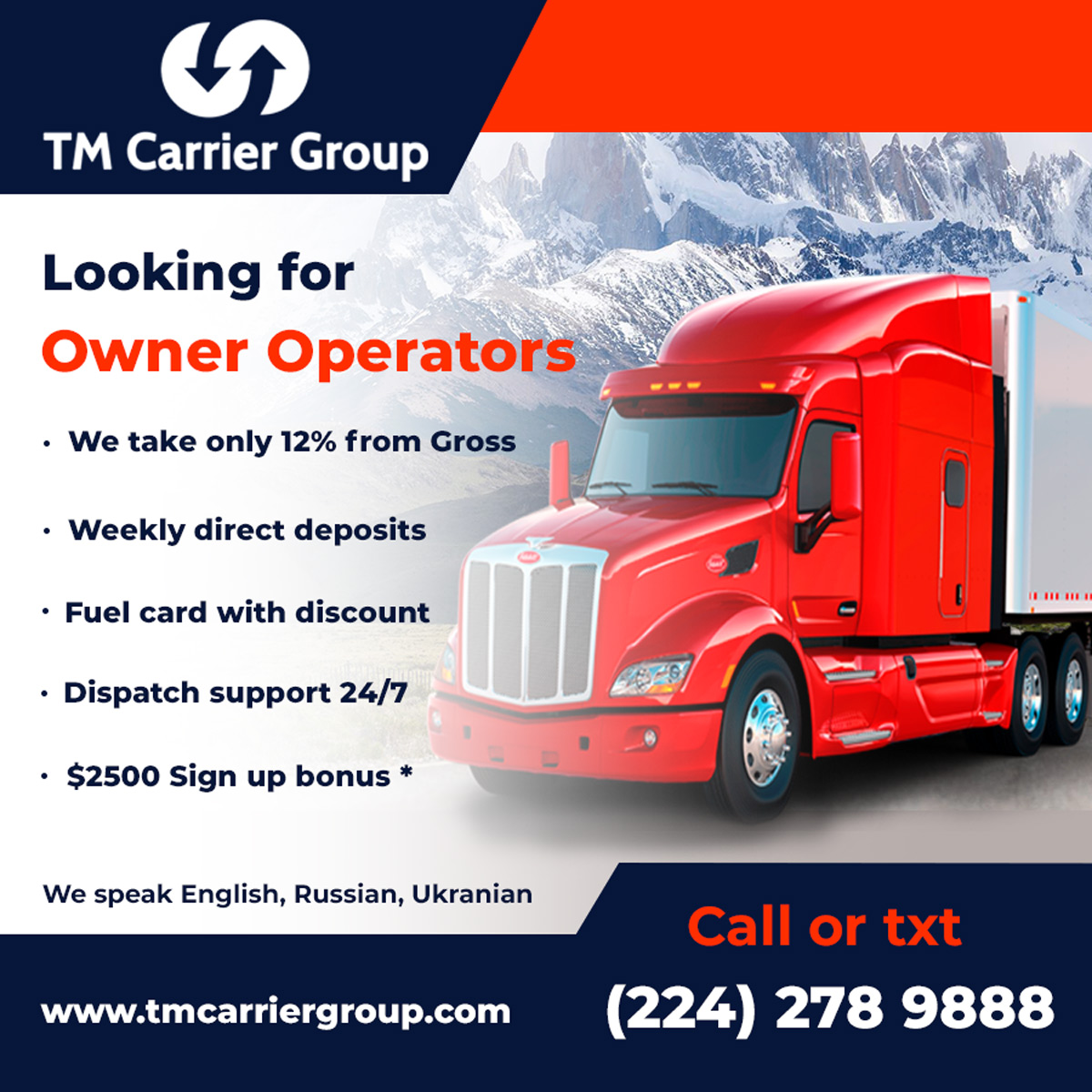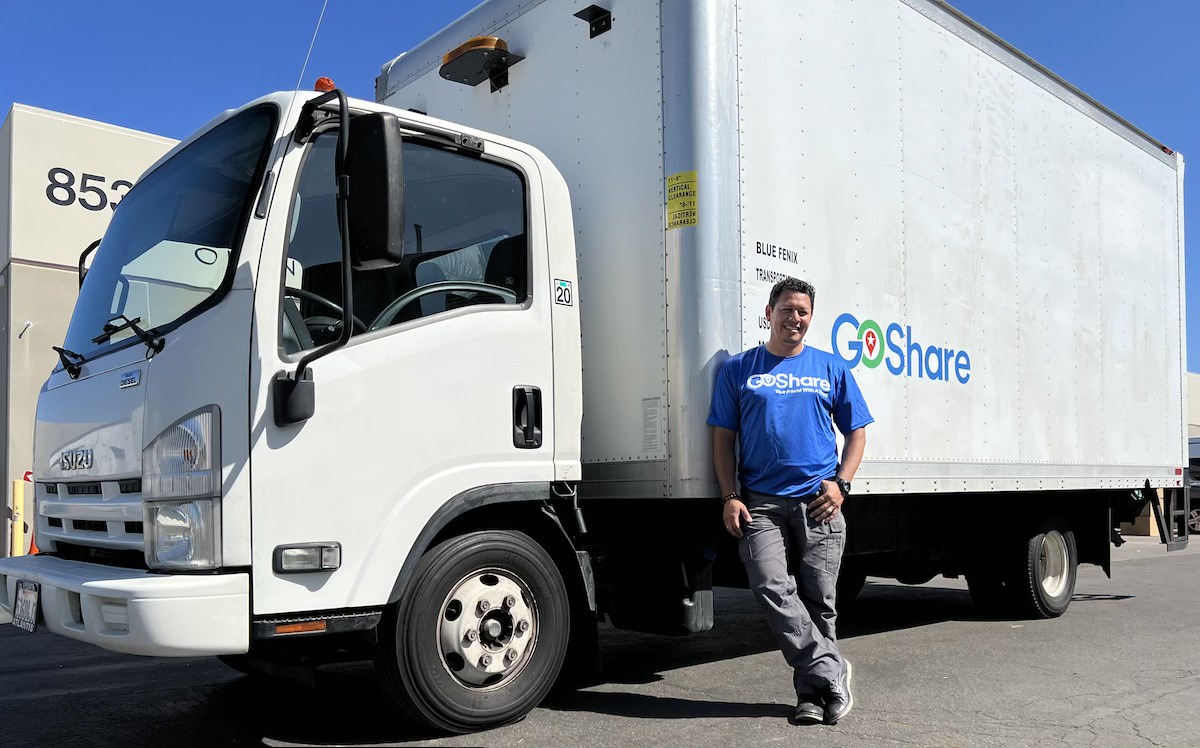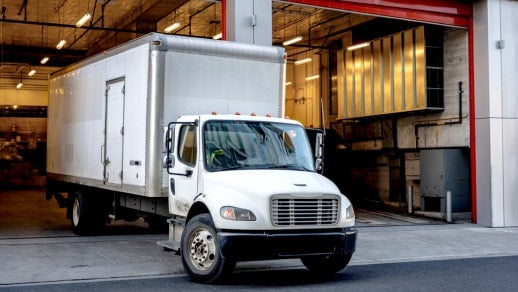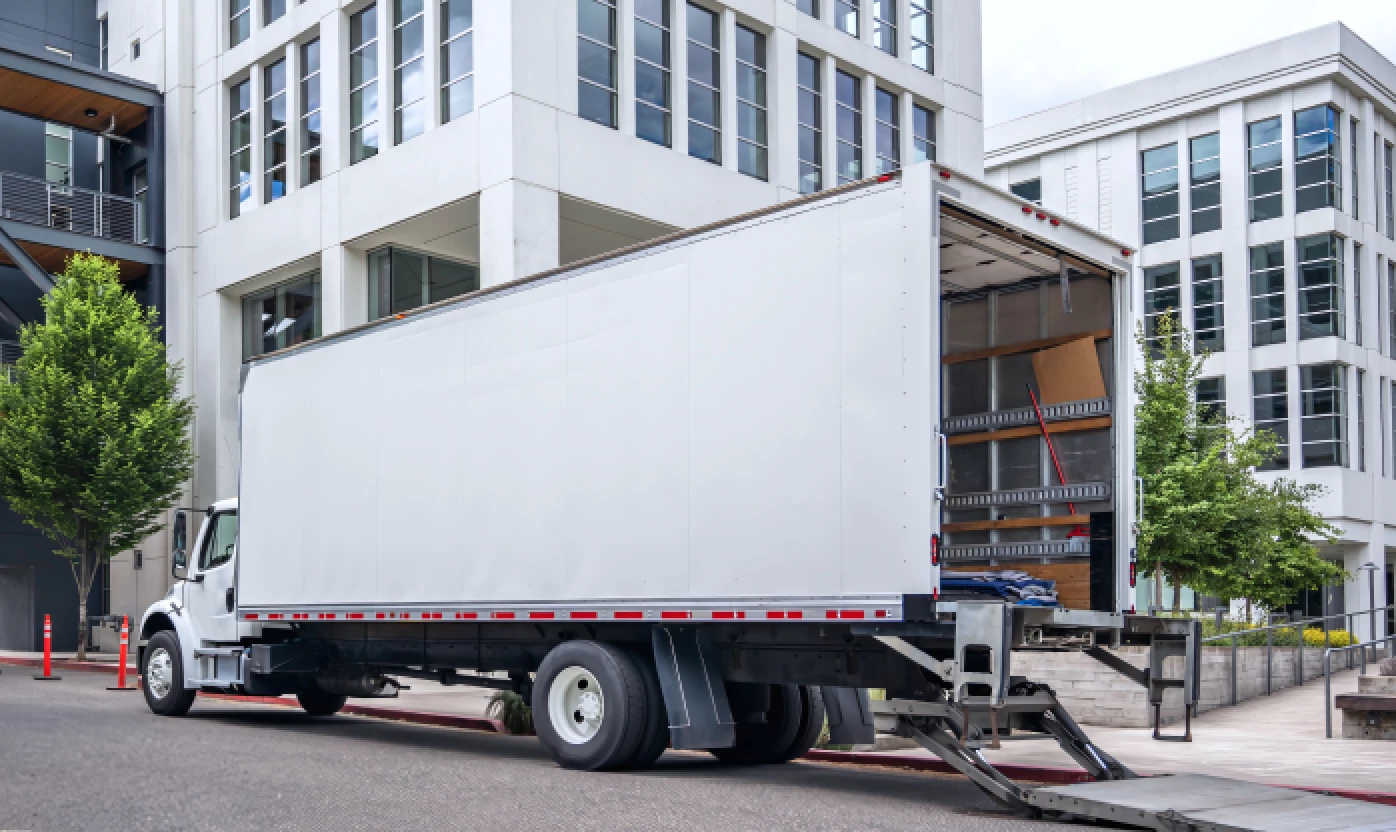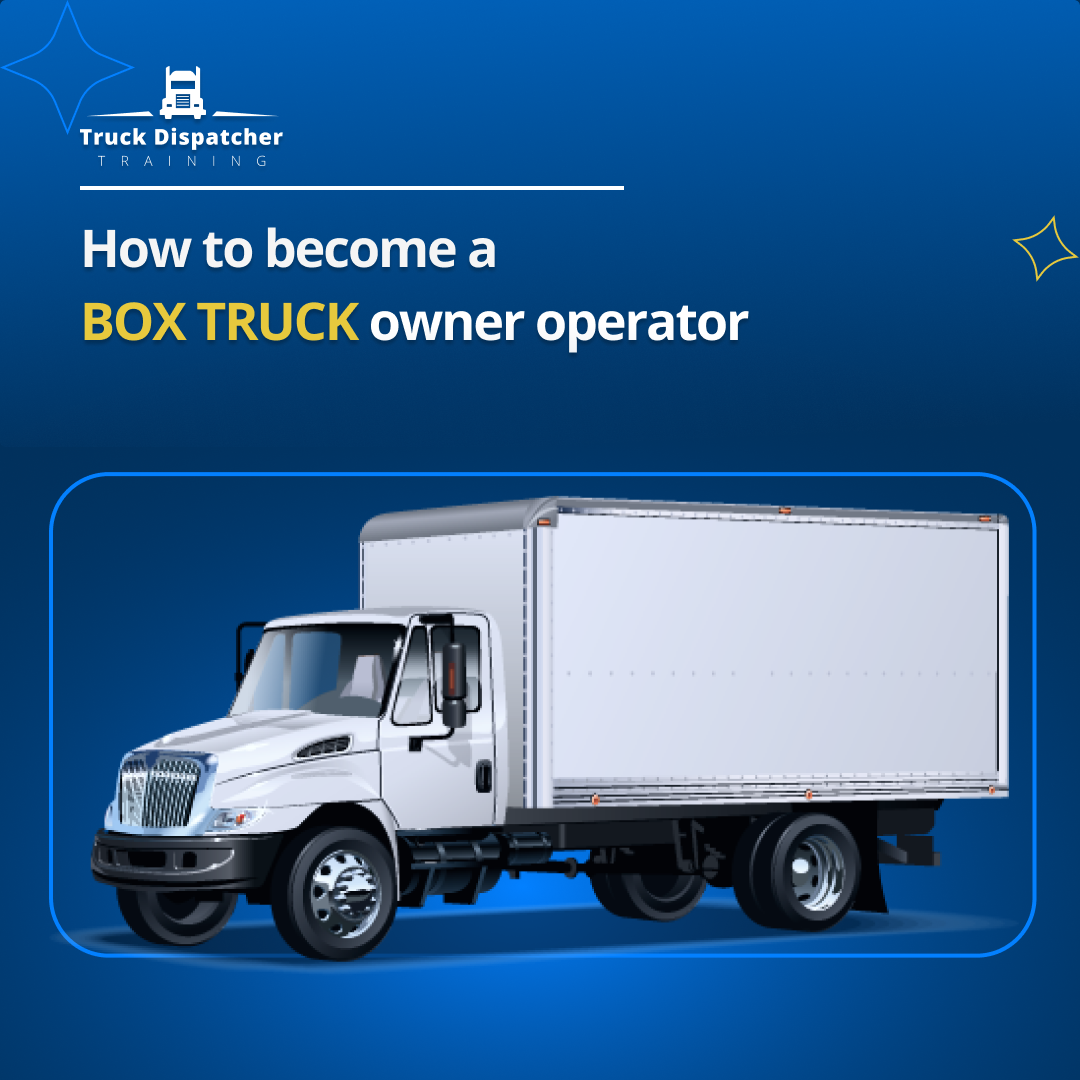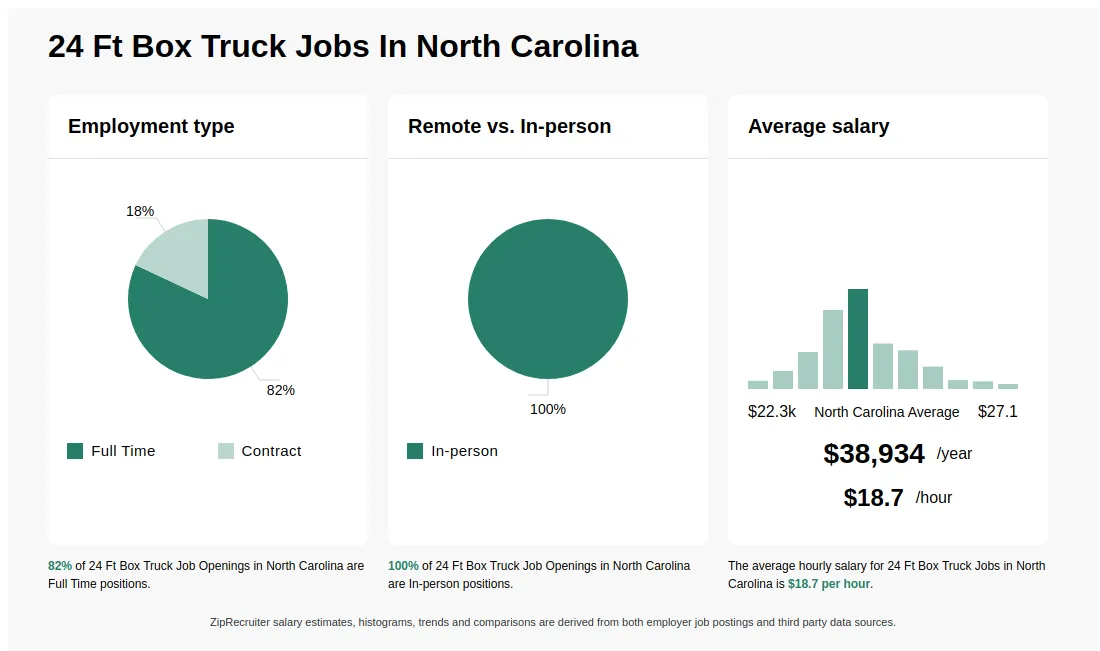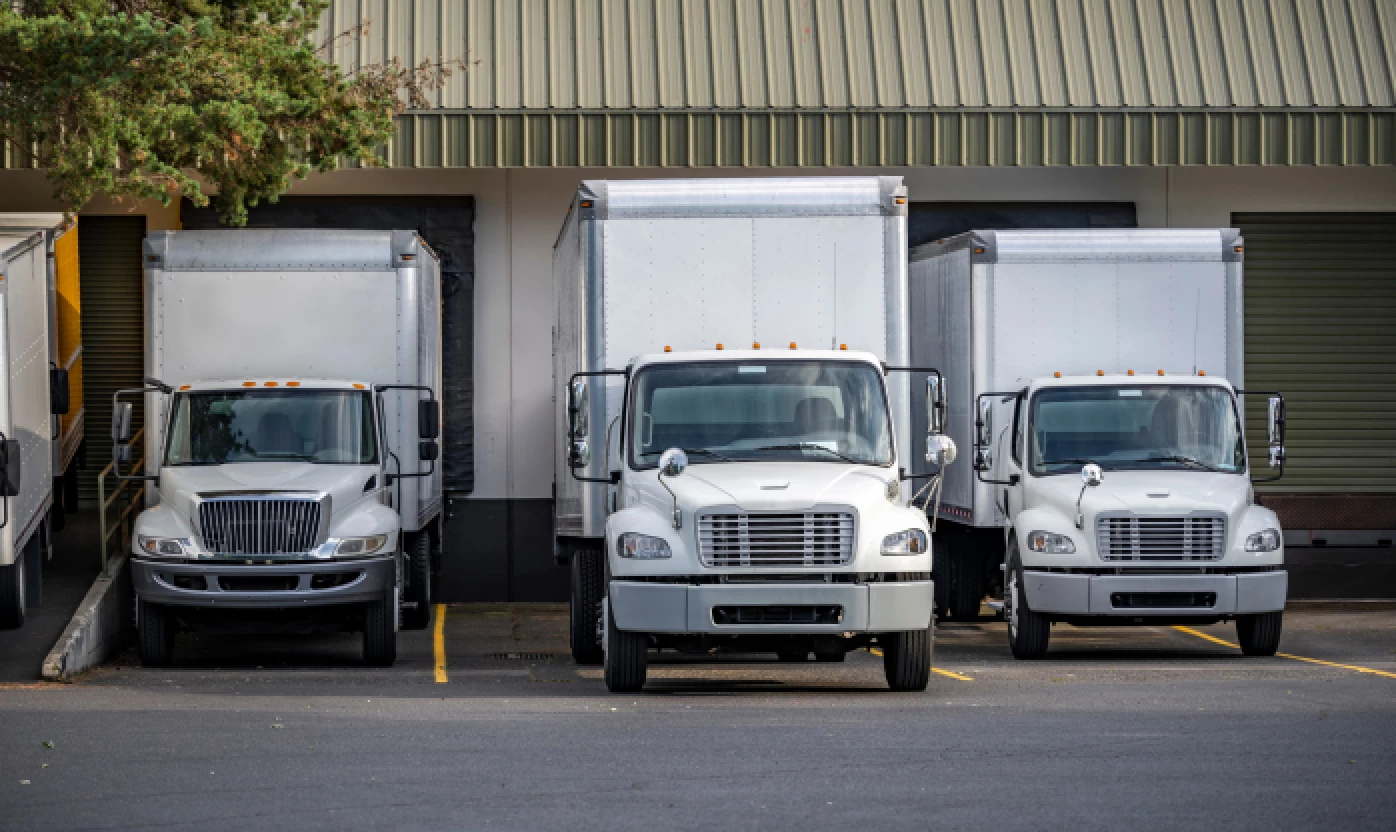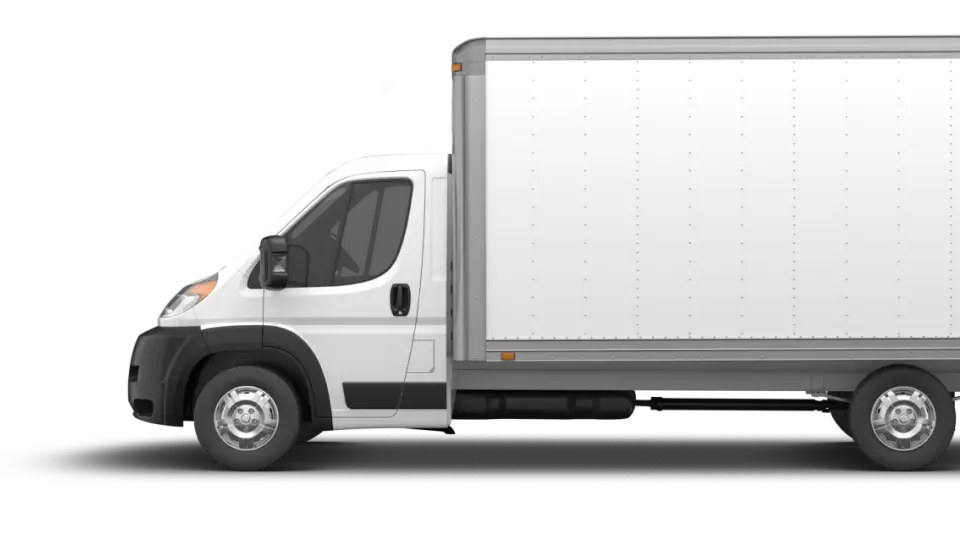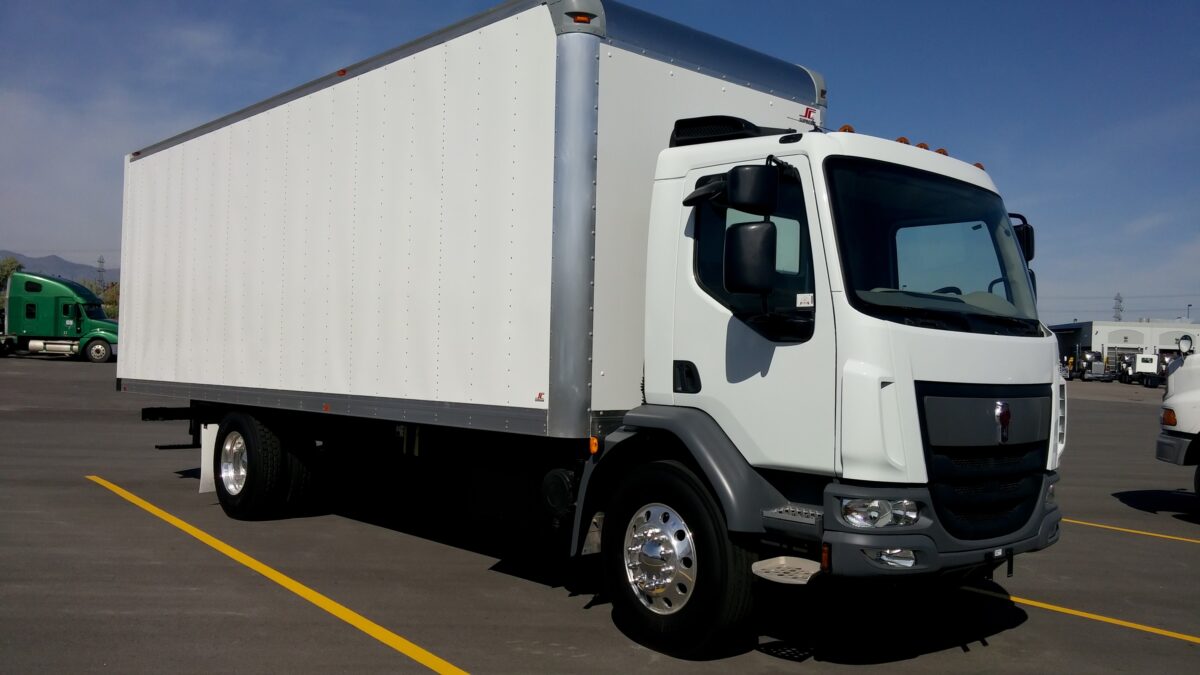24 Ft Box Truck Owner Operator Jobs
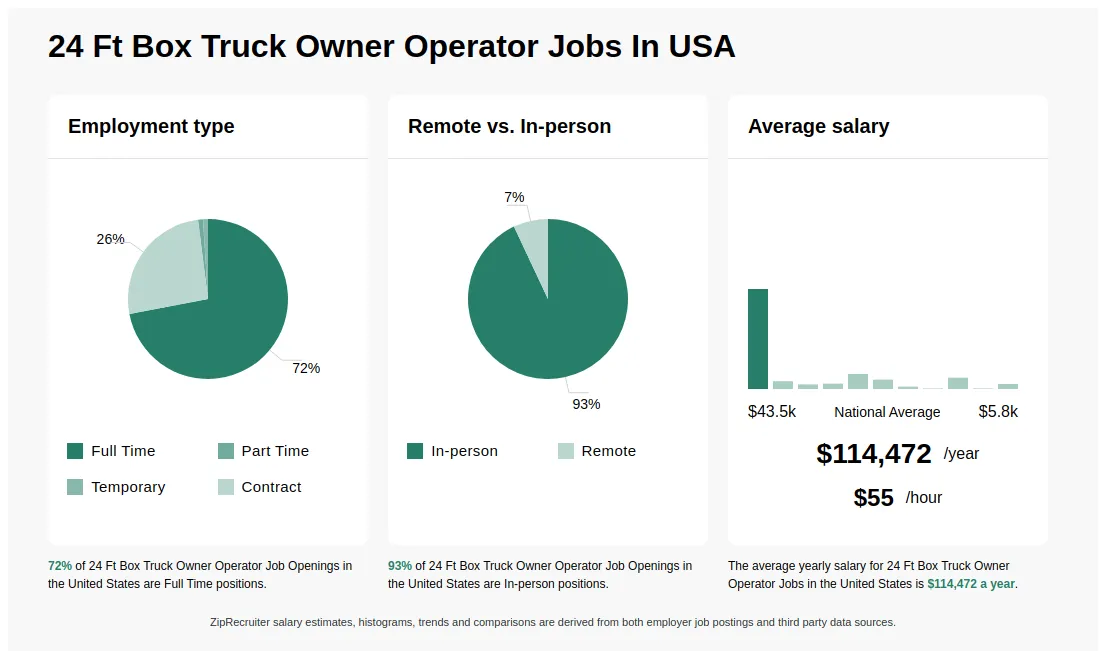
The allure of independence and the open road is drawing many to the world of owner-operator trucking. But beneath the romanticized image lies a complex reality, especially for those considering a jump into the niche of 24 ft box truck operations. A surge in e-commerce and last-mile delivery has fueled demand, yet navigating the business side requires careful planning and awareness of current market conditions.
This article delves into the landscape of 24 ft box truck owner-operator jobs, exploring the opportunities, challenges, and key factors for success. It will examine the realities of income potential, operational costs, and the competitive pressures shaping this segment of the trucking industry. We will also consider expert insights and available resources for those considering this career path.
The Demand Driver: E-Commerce and Last-Mile Delivery
The explosive growth of e-commerce is a significant catalyst for the increased demand for 24 ft box trucks. These trucks are ideally suited for navigating urban environments and delivering goods directly to consumers' doorsteps. Last-mile delivery, the final leg of the shipping process, relies heavily on these vehicles.
According to data from the U.S. Department of Transportation, freight tonnage is projected to increase steadily in the coming years, further solidifying the need for efficient delivery solutions. This increased demand translates into potential opportunities for owner-operators.
Income Potential: A Balancing Act
The earning potential for 24 ft box truck owner-operators varies considerably depending on several factors. These include location, type of freight hauled, negotiated rates, and the ability to manage expenses effectively. Some owner-operators report grossing between $50,000 and $80,000 annually, but net income is significantly lower after deducting operational costs.
It's crucial to understand that gross revenue doesn't equal profit. A significant portion of earnings is allocated to fuel, maintenance, insurance, and other essential expenses. Building strong relationships with brokers and shippers can help secure better rates and consistent loads, boosting income.
Operational Costs: The Real Bottom Line
Managing operational costs is crucial to profitability in the trucking business. Fuel is often the largest expense, subject to volatile market prices. Regular maintenance and repairs are essential to prevent breakdowns and ensure vehicle safety.
Insurance premiums can also be substantial, especially for new owner-operators. Understanding all these costs and creating a realistic budget is crucial for long-term financial stability. Some owner-operators find success by meticulously tracking expenses and proactively seeking cost-saving measures.
Navigating the Competitive Landscape
The trucking industry is highly competitive, and owner-operators face constant pressure to secure loads and maintain profitability. Competition from larger trucking companies with established networks can be particularly challenging. Broker relationships are crucial for accessing available freight.
Staying informed about market rates and negotiating effectively are essential skills. Utilizing technology, such as load boards and GPS tracking, can improve efficiency and optimize routes.
The Importance of Compliance and Regulations
Owner-operators must comply with a complex web of federal and state regulations. These regulations cover aspects such as driver hours of service, vehicle maintenance, and safety standards. Failure to comply can result in fines, penalties, and even the suspension of operating privileges.
Staying up-to-date with regulatory changes and maintaining meticulous records is crucial. Investing in safety training and compliance resources can help mitigate risks.
Finding Success: Tips for Aspiring Owner-Operators
Success in the 24 ft box truck owner-operator business requires careful planning, discipline, and a strong work ethic. Conducting thorough market research and developing a solid business plan are essential first steps. Building strong relationships with brokers and shippers can help secure consistent loads.
Effective expense management is critical for profitability. Consider leveraging online resources and networking with experienced owner-operators for guidance.
Looking Ahead: Trends and Opportunities
The demand for last-mile delivery is expected to continue growing, fueled by the ongoing expansion of e-commerce. This trend presents both opportunities and challenges for 24 ft box truck owner-operators. Adapting to changing consumer expectations and embracing technological advancements will be crucial for staying competitive.
The future may see an increased focus on sustainability and eco-friendly transportation solutions. Those who embrace these changes early may gain a competitive advantage.
Ultimately, the path to success as a 24 ft box truck owner-operator requires a clear understanding of the industry, a commitment to hard work, and a proactive approach to managing risks and opportunities. While the road may be challenging, the potential rewards of independence and financial success can be significant for those who are prepared.
